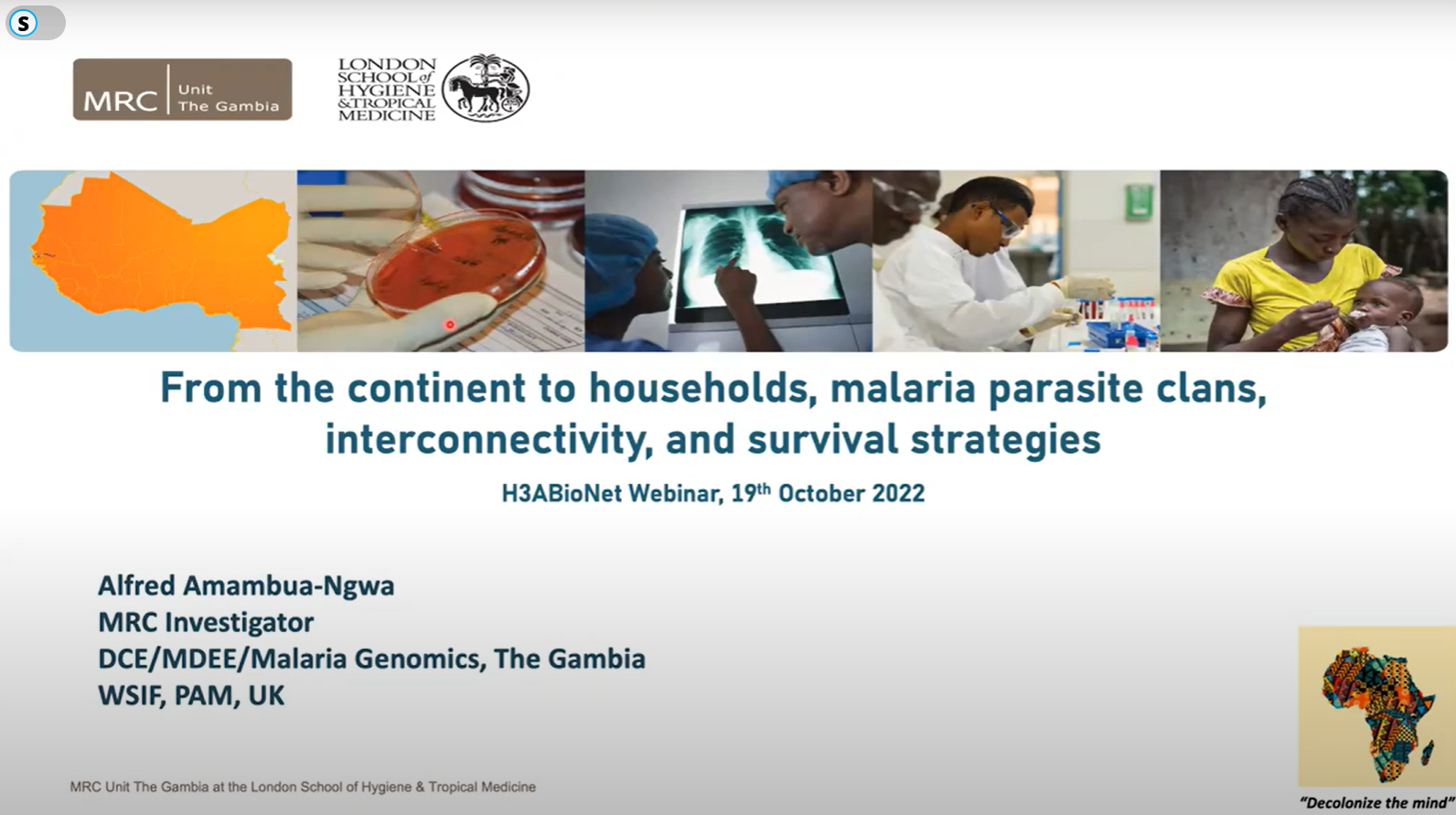Last Updated: 06/03/2023
A structured transcriptional switching network that coordinates antigenic variation by malaria parasites
Objectives
To understand the molecular mechanisms that regulate var gene expression and antigenic variation by malaria parasites.
Specific objectives:
- To investigate the role of an unusual, highly conserved var gene that appears to function as central organizing gene that coordinates switching events.
- To determine how parasites sense the presence of a placenta and alter var gene expression to take advantage of this unusual niche.
Plasmodium falciparum is the causative agent responsible for the most severe form of human malaria, a disease that kills more than 400,000 people a year, mostly young children in Africa. These protozoan parasites invade and ultimately destroy circulating red blood cells (RBCs) of their host, leading to severe anemia and the frequently lethal syndromes of cerebral malaria and pregnancy associated malaria. Over the course of an infection, small sub-populations of parasites arise that have an altered antigenic phenotype, thus avoiding the antibody response of the host. This process is referred to as antigenic variation and is responsible for the persistent nature of the disease as well as the waves of parasitemia frequently observed in P. falciparum infections. Antigenic variation of P. falciparum infected RBCs results from switches in expression between individual members of the multi-copy var gene family. Each var gene encodes a different form of a protein called PfEMP1. This protein is placed on the infected RBC surface and mediates adhesion to specific receptors found on the endothelial surfaces of the blood vessel walls of the infected individual. This adhesion is responsible for many of the disease manifestations of infection with P. falciparum, including both cerebral malaria and pregnancy associated malaria. Only a single var gene is expressed at a time by any given parasite, thus determining both the antigenic phenotype of the infected cells as well as their adhesive properties. Therefore var gene expression is at the heart of both antigenic variation and virulence of malaria infections.
Significant work in recent years has defined many molecular aspects that maintain a gene in the active or silent state, however the mechanisms governing switching between transcriptionally active genes remain entirely undefined. Moreover, given that an infection can include billions of individual parasites, how they seemingly coordinate switching events to limit activation to a single or small number of genes at a time is completely unexplored. In contrast, uncoordinated, random switching would rapidly exhaust the entire var repertoire. There is no evidence of communication between parasites, and there does not appear to be a strict switching order within the var gene family, therefore how this is accomplished remains completely mysterious. The specific aims of the project are designed to decipher the mechanistic basis of this phenomenon. This project will contribute to the ongoing effort to disrupt the process of antigenic variation and thereby shorten the length of an infection and reduce its severity.
Sep 2021 — Aug 2026
$1.32M
